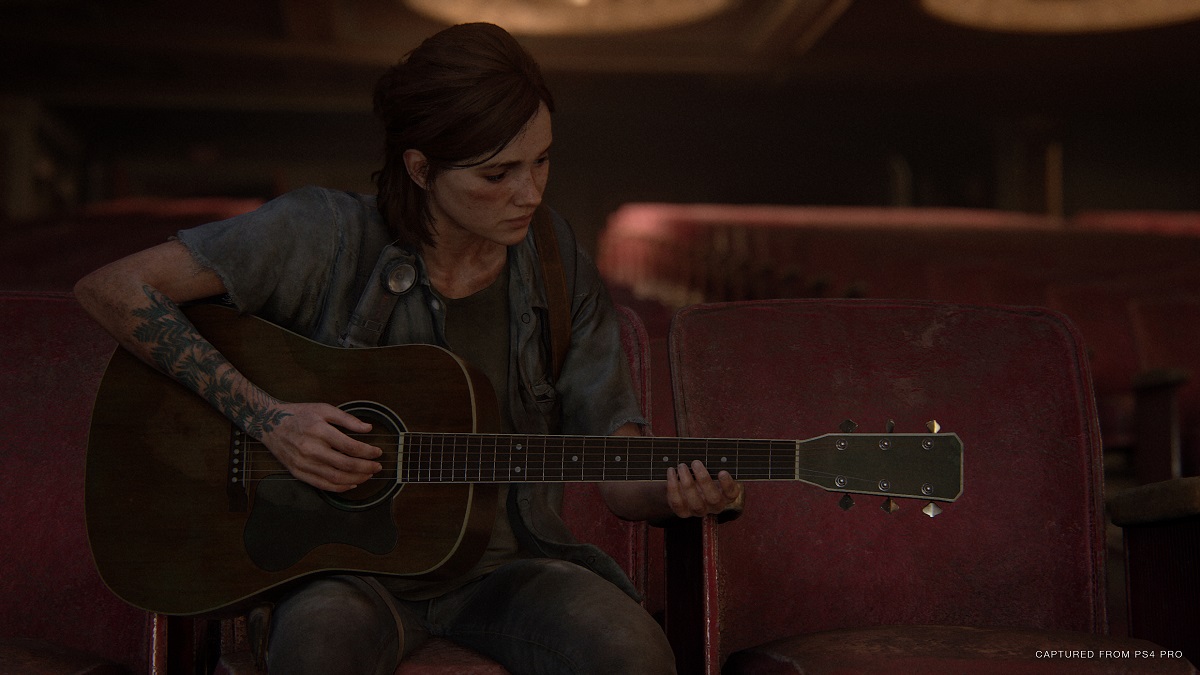The Last of Us Part II is one of the blockbuster games of 2020, with more than 4 million copies sold in its first three days starting June 19. That made it the fastest-selling PlayStation 4 release ever for Sony.
And while Naughty Dog’s game is getting a lot of love from fans, it’s also getting a fair amount of hate for its positive portrayal of diverse characters, such as LGBTQ and minority characters. I loved that part of the game, and I loved seeing the evolution of characters from the original from 2013, The Last of Us, which is my favorite game of all time.

Unlock premium content and VIP community perks with GB M A X!
Join now to enjoy our free and premium membership perks.
![]()

![]()